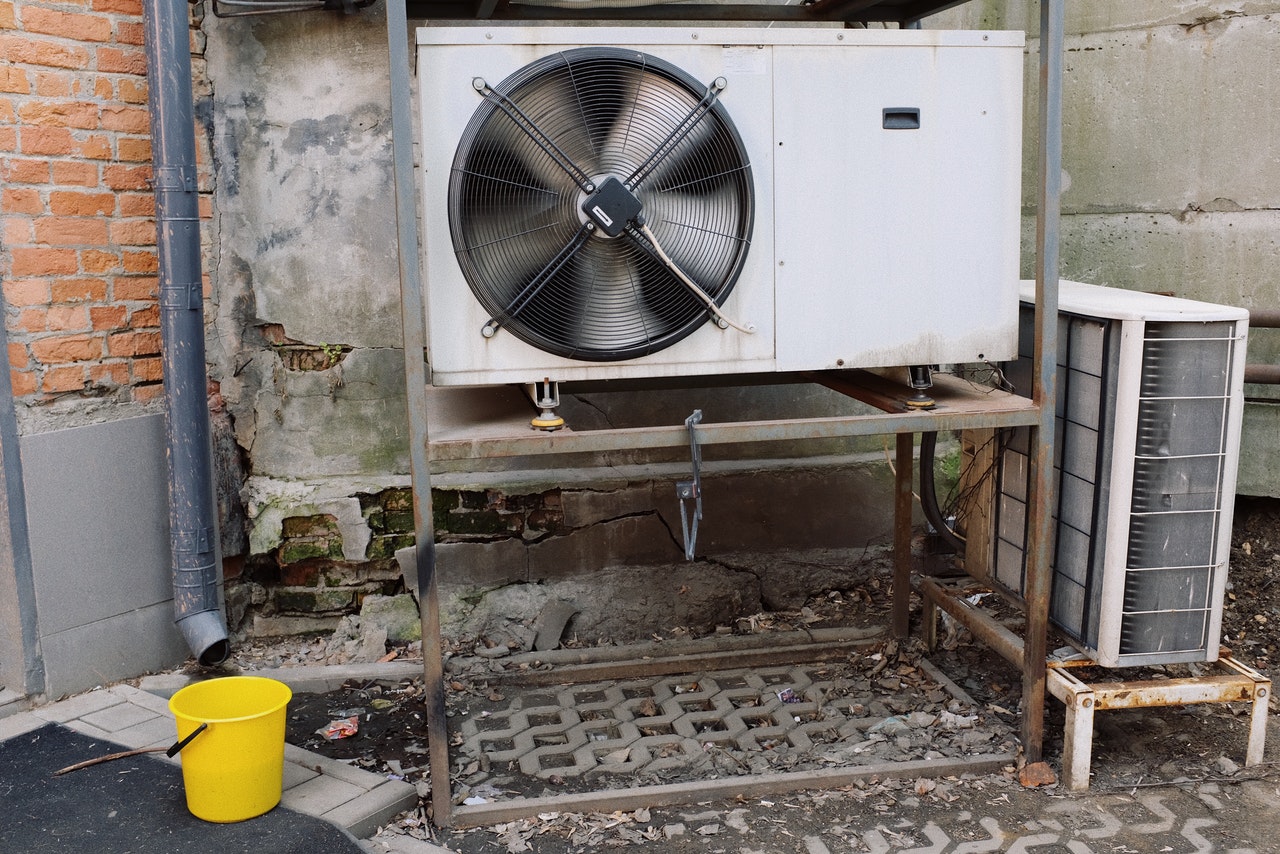Albuquerque HVAC: Factors To Consider When Choosing An HVAC System
By The Shower Drapes | Blog

In the world today, nearly everyone has encountered an HVAC system at one point or another. These essential systems make our homes and vehicles more comfortable.
But what exactly are they? Why are they so crucial? What factors should one consider when finding such services, if need be?
This article quickly covers the what, why, and how to choose HVAC systems like an AC service, to help you understand them better.
What is HVAC?
HVAC is an abbreviation that represents heating, ventilation, and cooling in full. The terms in the acronym translate to whatever happens in such systems.
The heating component is used to produce heat and raises temperatures in colder times. Cooling components, on the other hand, are for lower temperatures.
Sometimes, complete heating, ventilation, and cooling systems also come with a humid control function. This function regulates the moisture levels in air, humidifying dry air or dehumidifying extremely moist air.
Factors to consider
Let’s face it, the cost of something is a huge determining factor of whether or not anyone buys something. No one wants to spend money on something of no value.
Similarly, when something of value exceeds one’s ability to buy it, it becomes unattainable.
Heating, ventilation, and cooling systems come at costs ranging from several hundred dollars to thousands of dollars. Some of the factors that determine how much you may have to pay to include:
The size of the system determines how effectively it performs. As such, it is important to pick out a size that perfectly suits your house or building.
Selecting a system whose size relative to the building is too large causes a lot of energy wastage. Big units take time to power up and start working.
The time spent on this, albeit small, is a big waste over time. On the opposite end, when the unit to building size ratio is too small, the system is constantly struggling to accommodate the needs of the building, which it cannot do due to the size differences.
Poor-quality indoor air causes the system to overwork. This makes it waste energy and generally inefficient.
Some of the ways to counter this factor include:
Some units use up more energy than others. These are generally less cost-effective since they lead to a higher than necessary electricity bill.
Therefore, consider just how energy efficient a system is. To do this, you can check the EER. The EER refers to the Energy Efficiency Rating. The higher the rating is, the more the efficiency and the better for you.
When making any purchase, it is best to choose the highest quality possible. However, this is often accompanied by a higher price. A good quality product offers better service and lasts longer, thus ending up more cost-effective than a cheaper, low-quality product.
As far as durability is concerned, the more durable a unit is, the better. An HVAC system is money, time, and labor-consuming endeavor. It, therefore, only makes sense for it to last you a long time.
When making your selection, choose one that doesn’t need frequent repairs. Also, check that it has a valid warranty in case it fails. Click here to read more.
Conclusion
Heating, ventilation, and cooling systems are great for your building, house, or even your car. However, to reap maximum benefits, you need to choose the right system. Understanding aspects of cost, size, durability, and energy efficiency goes a long way in helping you make a choice. In addition, be sure to choose great installation professionals after purchase to help you correctly install the unit.
Why Students Increasingly Suffer From Psychological Illnesses
Understanding the Benefits of Window and Door Replacement
Learning How Often Should You Change Shower Curtain Liner
How Does the Shower Curtain Liner Go Inside the Tub?
Is a Plastic Shower Curtain Recyclable?
The Hidden Dangers Of Neglected Drains: Why Regular Cleaning Is Essential
How to Wash Vinyl Shower Rod With a Squeegee
How to Remove Mold From Polyester Shower Curtain
There are affiliate links in this post. At no cost to you, I get commissions for purchases made through links in this post.